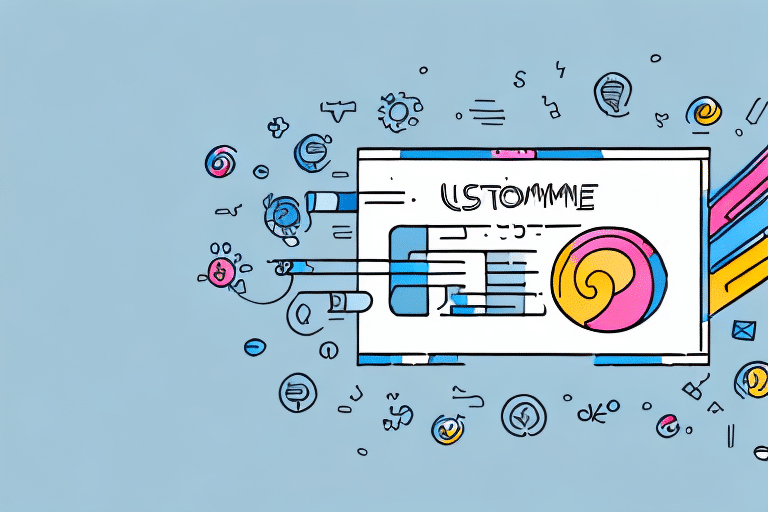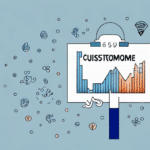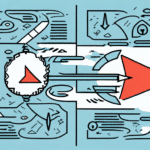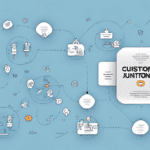Maximizing Customer Retention for Business Success
Customer retention is a cornerstone of sustainable business growth. Retaining existing customers is not only more cost-effective than acquiring new ones but also fosters loyalty and advocacy, driving increased revenue and long-term success. Implementing robust customer retention strategies is essential for optimizing business outcomes.
Importance of Customer Retention
Impact on Revenue and Growth
Loyal customers contribute significantly to a company’s revenue through repeat purchases and higher lifetime value. According to a study by Harvard Business Review, improving customer retention rates by just 5% can increase profits by 25% to 95%.
Cost-Effectiveness Compared to Acquisition
Acquiring new customers typically costs five to seven times more than retaining existing ones. Focusing on retention reduces marketing expenses and allows businesses to allocate resources more efficiently, enhancing overall profitability.
Measuring Customer Retention
Calculating Retention Rate
The customer retention rate (CRR) is calculated by dividing the number of customers retained during a period by the number of customers at the start of that period, then multiplying by 100. For example:
CRR = ((E - N) / S) * 100Where:
- E = Number of customers at the end of the period
- N = Number of new customers acquired during the period
- S = Number of customers at the start of the period
Key Metrics and Tools
In addition to CRR, metrics such as Customer Lifetime Value (CLV) and churn rate provide deeper insights into retention performance. Tools like HubSpot CRM and Salesforce Service Cloud can help track these metrics effectively.
Reducing Customer Churn
Identifying Common Reasons for Churn
Common causes of customer churn include poor customer service, inadequate product quality, lack of personalization, and unfavorable pricing. Understanding these factors is crucial for developing targeted retention strategies.
Strategies to Mitigate Churn
Implementing proactive measures such as regular customer feedback collection, personalized engagement, and competitive pricing can significantly reduce churn rates. Additionally, addressing customer issues promptly and effectively fosters loyalty.
Strategies to Improve Customer Retention
Building Strong Customer Relationships
Establishing trust and rapport with customers is fundamental. This can be achieved through consistent and excellent customer service, understanding customer needs, and maintaining open lines of communication.
Personalization and Communication
Personalized experiences, such as tailored product recommendations and individualized marketing messages, enhance customer satisfaction. Effective communication strategies, including regular updates and responsive support, further strengthen customer bonds.
Leveraging Technology
Utilizing Customer Relationship Management (CRM) systems and data analytics tools enables businesses to gain insights into customer behavior and preferences, facilitating more effective retention strategies.
Incentives and Rewards
Offering loyalty programs, exclusive discounts, and rewards for repeat purchases incentivizes customers to stay engaged and continue their relationship with the brand.
Utilizing Feedback and Reviews
Gathering and Analyzing Feedback
Collecting feedback through surveys, reviews, and social media allows businesses to understand customer experiences and identify areas for improvement. Tools like SurveyMonkey and Qualtrics facilitate effective feedback collection.
Implementing Changes Based on Feedback
Acting on customer feedback by making necessary adjustments to products or services demonstrates a commitment to customer satisfaction, enhancing loyalty and retention.
Fostering a Customer-Centric Company Culture
Training and Empowering Employees
Investing in employee training ensures that staff are equipped to provide exceptional customer service. Empowering employees to resolve issues autonomously can lead to quicker problem resolution and increased customer satisfaction.
Recognizing and Rewarding Efforts
Acknowledging and rewarding employees who excel in customer service fosters a positive work environment and encourages continued dedication to customer retention goals.
Conclusion
Customer retention is essential for sustained business success. By implementing effective retention strategies such as building strong relationships, personalizing experiences, leveraging technology, and fostering a customer-centric culture, businesses can enhance customer loyalty and drive long-term growth. Continuously measuring retention metrics and staying abreast of industry best practices ensure that retention efforts remain effective and aligned with evolving customer expectations.






















